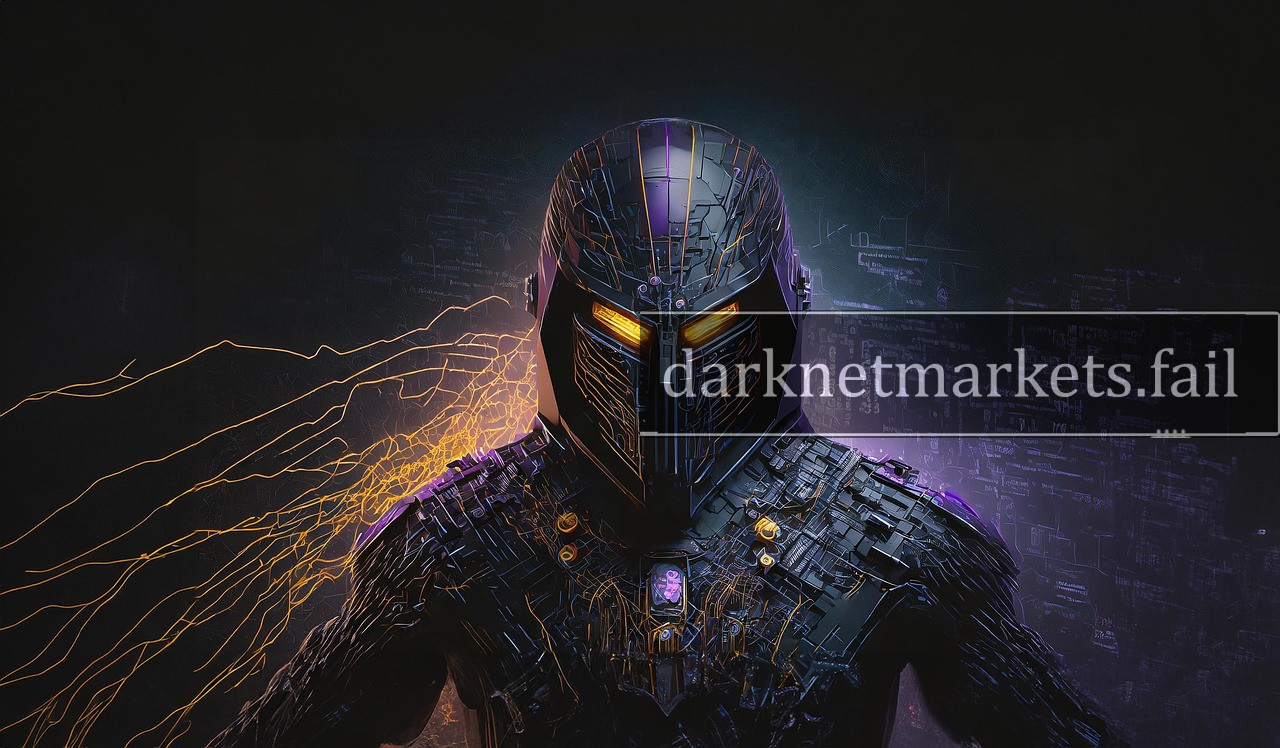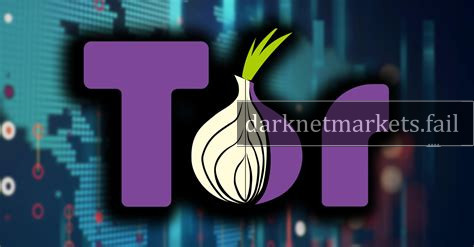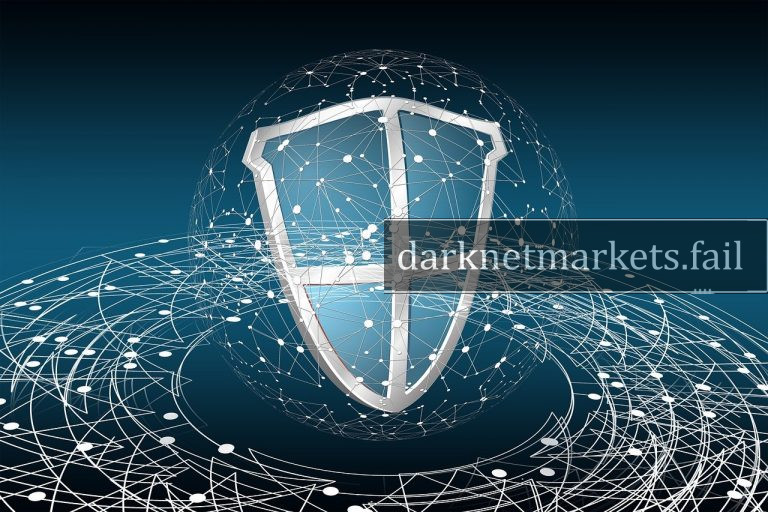DarkNet Insights: Navigating the Hidden Web

In the world of the internet, the Dark Web often draws intrigue and suspicion. It’s a hidden corner of the online world that’s not indexed by traditional search engines like Google or Bing. To access it, users must rely on specific tools, like the Tor browser, which allows them to browse websites with a high degree of anonymity. But what exactly is the Dark Web? What kind of content can you find there, and what should you know before diving into its murky waters? In this blog post, we will delve into the Dark Web, examining its purpose, use cases, and the technologies that power it, while also addressing the safety concerns that come with exploring it.
What is the Dark Web?
The internet is often divided into three distinct layers: the surface web, the deep web, and the dark web. The surface web is the part of the internet that most of us use daily—websites that are indexed by search engines like Google. The deep web consists of parts of the internet that are not indexed by search engines, including private databases, password-protected sites, and other content behind firewalls.
The Dark Web, however, is a small fraction of the deep web. It’s intentionally hidden and requires special software to access. One of the most popular tools for navigating the Dark Web is the Tor browser (The Onion Router). Tor encrypts your internet traffic and routes it through a series of relays, making it difficult to trace your online activity. As a result, the Dark Web offers a higher degree of anonymity and privacy for users, which has led to both legitimate and illegitimate activities.
What Can You Find on the Dark Web?
The Dark Web is home to various kinds of content, some of which are legal, while others can be highly illegal and dangerous. While there are several uses for the Dark Web, it’s often associated with illicit activities due to its anonymity features. Below are some categories of content commonly found on the Dark Web:
1. Privacy and Anonymity Tools
One of the primary reasons people turn to the Dark Web is to maintain their privacy. Journalists, activists, and individuals living under oppressive regimes use the Dark Web to communicate safely, avoiding surveillance and censorship. Websites like SecureDrop, for example, allow whistleblowers to leak information anonymously to news organizations.
2. Darknet Markets
One of the most well-known features of the Dark Web is its marketplace for illicit goods and services. Here, individuals can buy and sell illegal items such as drugs, weapons, and stolen data. However, it’s worth noting that not all Dark Web marketplaces are illegal—some are entirely legitimate platforms for privacy-conscious individuals or those looking for rare and hard-to-find goods.
3. Hacking Services
The Dark Web is also known for offering hacking services. This could range from selling exploits and stolen credit card information to offering more sophisticated services like Distributed Denial of Service (DDoS) attacks, hacking tools, and malware. Law enforcement agencies monitor these activities closely, but the level of anonymity provided by the Dark Web makes it difficult to fully eliminate these activities.
4. Forums and Communities
The Dark Web hosts various forums where users discuss a wide range of topics, from cybersecurity and privacy to more controversial subjects. Many of these forums operate under strict anonymity rules, allowing people to speak freely without fear of judgment or government intervention. Unfortunately, some forums also focus on illegal activities or support harmful ideologies.
5. News and Journalism
In countries with strict censorship or authoritarian regimes, the Dark Web serves as a vital tool for free speech. Journalists, activists, and dissidents can post and share information safely, bypassing government surveillance and censorship. Independent news organizations may also operate websites on the Dark Web to protect the privacy of their sources and provide uncensored reporting.
How to Access the Dark Web Safely
While the Dark Web may be home to a wealth of information, it’s also filled with dangers. For this reason, it’s essential to take precautions when exploring this hidden part of the internet. Here are some tips for accessing the Dark Web safely:
1. Use Tor Browser
Tor is the most common method to access the Dark Web. By using the Tor browser, you can access websites with the .onion extension, which are exclusive to the Dark Web. Tor provides anonymity by encrypting your internet traffic and routing it through several nodes, making it difficult to track your online activity.
2. Utilize a VPN
Even though Tor provides anonymity, using a Virtual Private Network (VPN) adds an extra layer of security. A VPN masks your real IP address and encrypts your internet connection, making it harder for anyone to trace your activity back to you.
3. Stay Away from Illegal Content
While the Dark Web has legitimate uses, it also hosts illegal activities. Always be cautious of the websites you visit. Avoid engaging in any illegal activity, including purchasing illicit goods or services. You could face serious legal consequences if caught engaging in criminal behavior.
4. Use Secure Communication Methods
If you plan on communicating with others on the Dark Web, use encrypted messaging services like PGP (Pretty Good Privacy) to ensure that your conversations remain private. Never share personal information that could be used to identify you.
5. Understand the Risks
Accessing the Dark Web carries risks, including exposure to illegal content, malicious software, and potential cyberattacks. Always proceed with caution, and ensure you have strong security measures in place to protect your data.
The Future of the Dark Web
As concerns about privacy, security, and censorship continue to grow, the Dark Web’s role in providing a space for anonymous communication and access to information will likely become even more critical. However, it will continue to face challenges as governments and law enforcement agencies try to combat illegal activities that thrive on the Dark Web.
While the Dark Web is often associated with crime, it is essential to recognize its value for maintaining privacy and freedom of speech. As technology continues to evolve, so too will the Dark Web, and it will remain a unique, if controversial, aspect of the internet.



